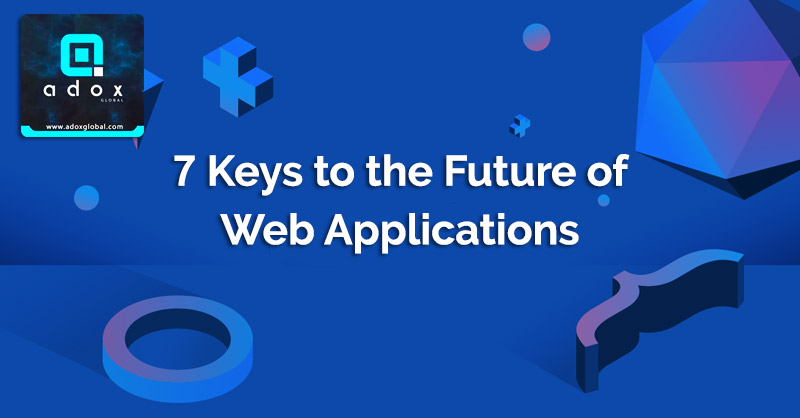
7 Keys to the Future of Web Applications
Progressive Web Apps is the new buzz in the web development community. In the past, we have seen separate web development for desktop and mobile devices. With the passage of time, responsive web design came into existence. While native apps are still in use, there is no way they are going to fade away with time.
Talking about Progressive Web Apps, they have been popular over the past few years. The popularity of PWAs is mainly due to addressing the problems persisting in native apps and responsive web design.
1. Browser compatible languages
We’ve come along way from the days of users being left behind due to browser incompatibility. Today, tools like Typescript and Babel allow developers to leverage features of modern JavaScript across browsers while generally being low risk.
2. Code editors
You have a lot of options out there when it comes to choosing the best code editor. Make a decision based on what’s easy to learn and actively making improvements like VS Code, Atom, WebStorm and Vim. Ultimately, the best solution will be a code editor that your developers want to use—they’ll be most efficient with their preferred tools.
3. JavaScript frameworks
The million-dollar question: which framework is best for 2018 and beyond? When it comes to making the right investment, first consider the problems you’re trying to solve. Secondly, identify which framework offers the best talent pool for your organization. The three clear leaders of the talent pack are Angular, React and Vue.
4. Optimization
Great maintenance of web apps is they key to delivering amazing experiences, faster. Tools and methodologies like compressing code, background processing, just-in-time compiling (JIT) and browser throttle testing can help you optimize. Tree-shaking dead code (with Webpack or Gulp) will become necessarily for delivering competitive products.
5. Continuous deployment
Next year [continuous deployment tools] will be required of us in 2018 because it will be easier to deploy and this technology is getting much simpler.
Platforms and versions will continue to change. It’s time to leverage automation to help your team stay on track. Using Containers and continuous integration (CI) tools like Jenkins and Travis can help automate your build and deploy process.
6. Cloud services
You knew this was coming. How can you take advantage of the millions of things the cloud can do to create better web apps? Use cloud services to reduce costs, infrastructure and time spent maintaining code. For example, get rid of API infrastructure layers in your mobile and web apps and instead use Serverless APIs. Tools like Azure Functions and AWS Lambda will help make costly and time-consuming API management much easier.
7. Great experiences
No matter the technology you prefer on or the feature you geek out about, the focus of your web app should be creating a great overall experience. Engage your audience and lower abandonment rates by delivering faster perceived load times, offering offline functionality, and building congruent experiences across devices. In 2018, watch for the most delightful web experiences led by Progressive Web Apps (PWAs).
Adox Global Pvt Ltd is one of the Best Web Design and Development Company in Cochin (Kochi), Kerala, India. We specialized in creating SEO friendly CMS Website Design, Ecommerce Website Design, Custom Web Designing and Web Development, for new and existing clients.
